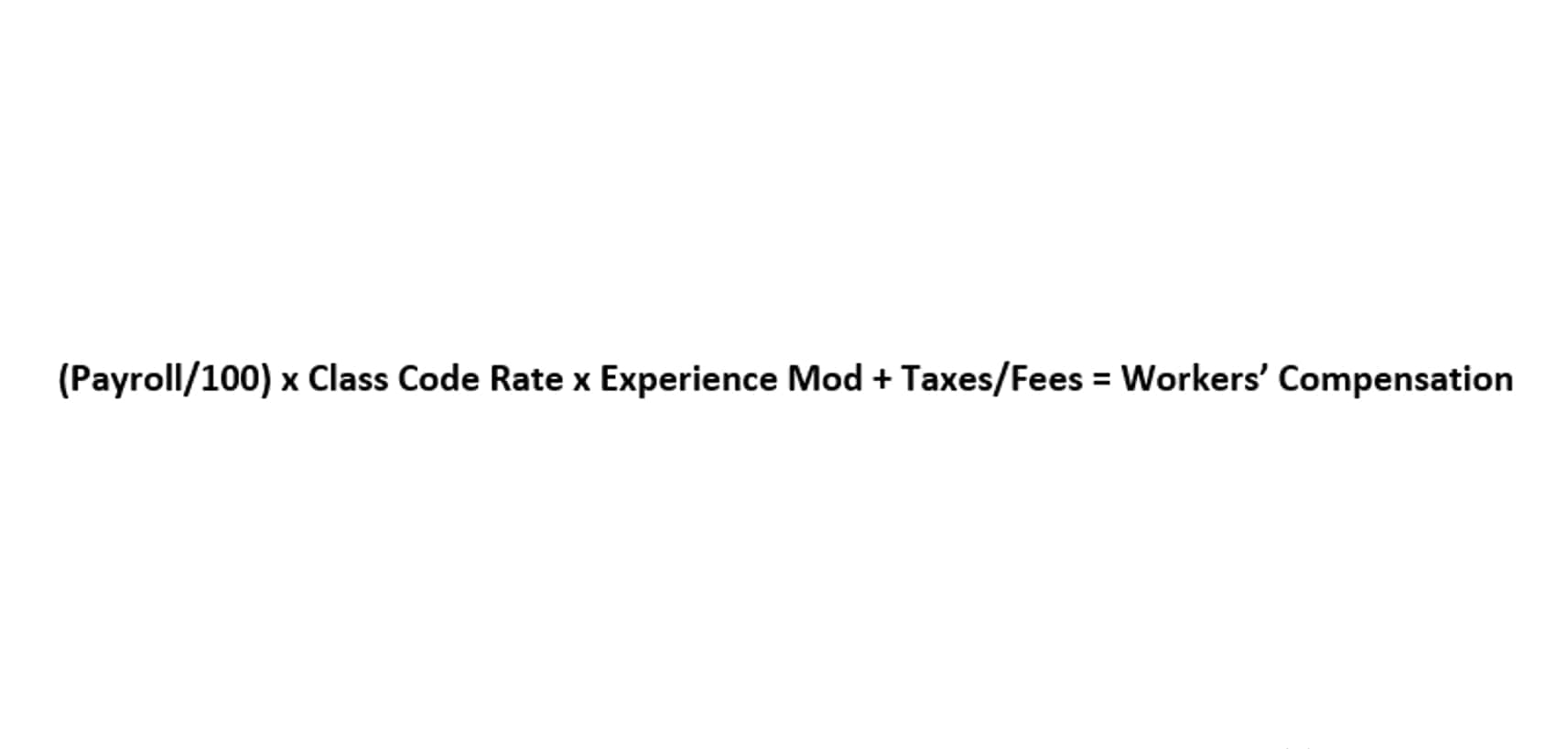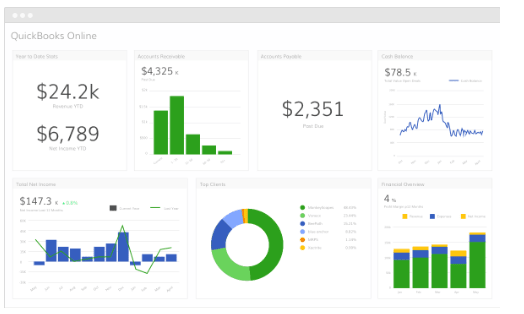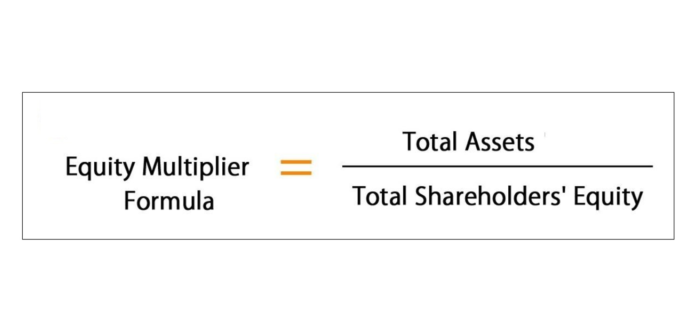The Basics of Oil and Gas Accounting

If you drill a well and do not find oil or gas, what do you do with those costs? A complete loss could make it difficult to attract lending or investors, especially with the old rule of thumb that one in four wells “hit” (or make enough to payout). If your company is on the lookout for high-quality oil and gas accountants, talk to EAG Inc..
Full Disclosure Principle
Additionally, if essential accounting data is manually entered by non-experts, the reliability of financial information can be compromised. In such cases, hiring an outside team with more training, credentials, and experience can be beneficial. Labor costs and the challenges of maintaining an internal accounting team may also drive businesses to seek professional financial advice externally.

Solutions
- This process is governed by accounting standards such as IAS 36, which outlines the procedures for identifying and measuring impairment.
- Companies must stay abreast of these changes and adjust their accounting practices accordingly.
- In the oil and gas sector, this can occur at different stages, such as at the wellhead, after transportation, or upon delivery to a refinery.
- I try to pass along what I have learned through all of my personal experiences, so they have a good understanding of what is involved, while also stressing how what we do matters.
- Given the volatility of oil and gas prices, companies in this industry often engage in hedging activities to manage their exposure to price fluctuations.
Expenses should be recognized in the period in which they are incurred, helping to match costs with the revenue they generate. This principle supports the accurate portrayal of a company’s profitability. Upstream oil and gas land software that manages the entire workflow from title management to lease acquisition to land administration and divestiture.
Energy, Resources & Industrials
Stakeholders rely on financial statements to assess the financial health of oil and gas companies. Proper accounting practices build trust among investors, regulators, and the public, fostering confidence in the industry. Many oil and gas projects involve joint ventures where multiple companies collaborate. Joint venture accounting is crucial to accurately reflect each participant’s share of costs, revenues, and other financial aspects.
A Quick Introduction of Oil and Gas Accounting
If you capitalize them, you do now know how long to charge off the expense, as there is no way to know the complete recoverable reserves. Either way, the well is likely to show some income/profit, if oil or gas were found. Revenue recognition in the oil and gas industry is a nuanced process that hinges on bookkeeping the specific terms of contracts and the nature of the transactions involved. The industry often deals with long-term contracts, which can complicate the timing and measurement of revenue.

- Another layer of complexity is added by the various types of contracts prevalent in the industry, such as take-or-pay agreements and production imbalances.
- You need the capability to both summarize and dynamically drill into the details of WPR and LOS.
- Joint venture accounting is crucial to accurately reflect each participant’s share of costs, revenues, and other financial aspects.
- When it comes to oil and gas companies, everything revolves around how they treat capitalized costs.
- This often involves extensive training for accounting staff and the implementation of new software solutions to ensure compliance.
- The update discusses matters critical to oil and gas entities, including updates to SEC, FASB, and tax guidance with a specialized focus on the oil and gas industry.
- The hierarchy includes authoritative guidance from standard-setting bodies.
This method is typically used when the investor has significant influence but not control over the joint venture. On the other hand, the proportionate consolidation method involves recognizing the investor’s share of the joint venture’s assets, liabilities, revenues, and expenses directly in its financial statements. This method is often employed when the investor has joint control over the venture. In the oil and gas industry, understanding the various types of costs is essential for accurate financial management and reporting.

Some Unique Challenges To Oil & Gas Accounting
Accurate cost allocation is essential for ensuring that each partner’s financial statements reflect their true economic interest in the joint venture. The process of calculating DD&A involves several steps, starting with the estimation of the total recoverable reserves for depletion purposes. This estimation is crucial as it directly impacts the rate at which costs are allocated over the productive life of the asset. Companies often use advanced software like PHDWin or ARIES to model these calculations, ensuring precision and compliance with industry standards. For depreciation and amortization, companies must determine the useful life of the asset and select an appropriate method, such as straight-line or units-of-production, to allocate costs systematically over time.
- Depletion pertains specifically to the reduction in the value of natural resources as they are extracted, while depreciation and amortization apply to tangible and intangible assets, respectively.
- As oil and gas reserves are extracted, companies need to allocate the costs of acquiring and developing these reserves over time.
- These standards provide a framework for consistent and transparent financial reporting, which is crucial for investor confidence and regulatory compliance.
- You will have access to an extensive catalog of resources through which you can search and discover relevant learning materials.
- The impairment assessment typically involves estimating the future cash flows that the asset is expected to generate, discounted to their present value.
- One of the primary considerations in revenue recognition is the point at which control of the product is transferred to the customer.
The bookkeeping and payroll services financial activities of a business entity are separate from those of its owners. This principle emphasizes the need to keep personal and business transactions separate. Information is considered material if its omission or misstatement could influence the economic decisions of users. National Gas is also proud to lead the way in transforming the energy network for a net zero future. Gas provides the energy security to support renewable electricity generation, and we are developing our infrastructure to transport hydrogen and carbon dioxide across the country.
IFS provides more ways to access your upstream oil and gas accounting data than anyone else in the industry. Whether you prefer analytic tools or spreadsheets, our data access options give you the ability to export, use, manipulate, present, and share your data with ease. Let’s break down a couple of the accounting principles and how they affect your processes in oil & gas oil and gas accounting accounting.




